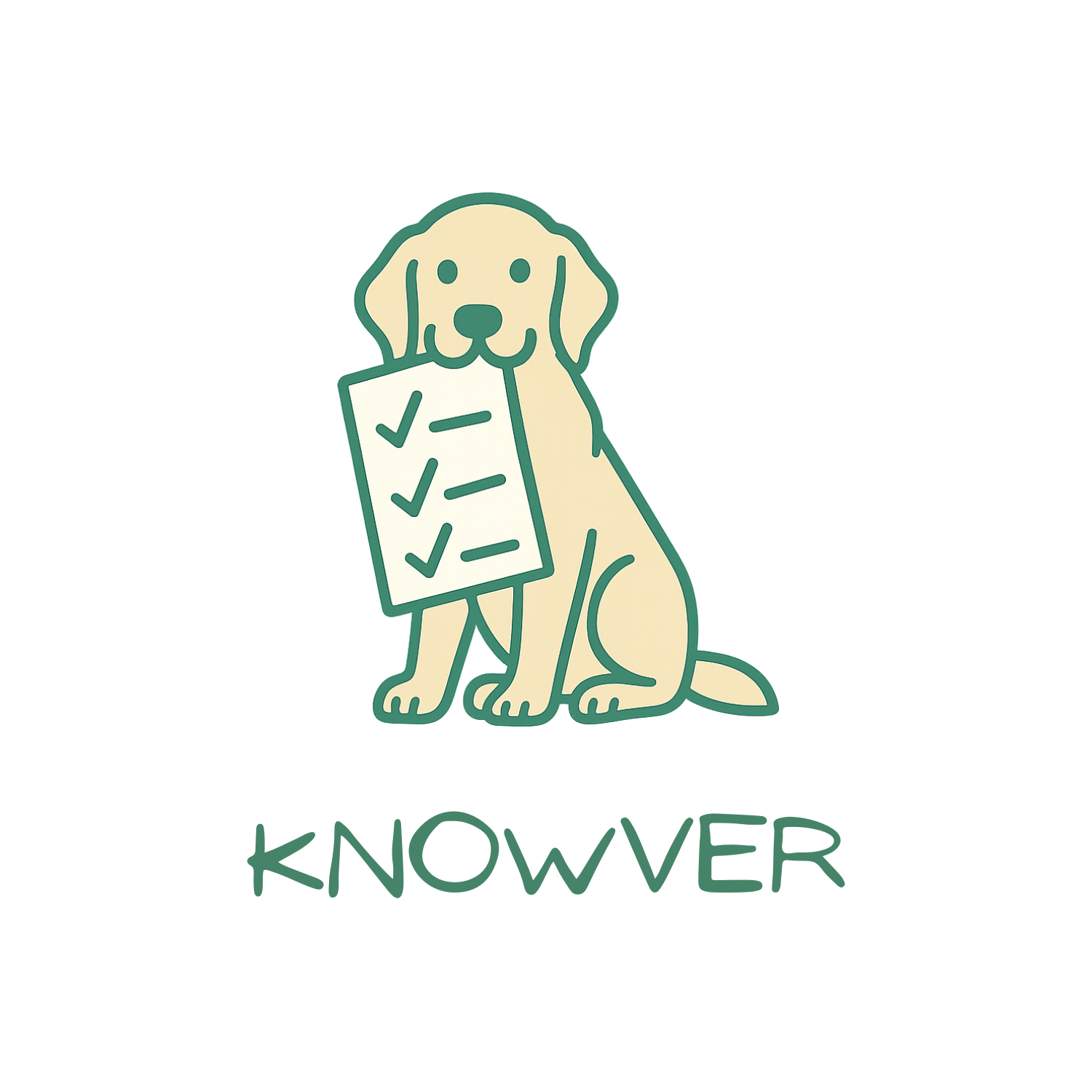What’s the difference between an insurer and a broker?
If you’re a small business owner, insurance can sometimes feel like a maze of jargon and paperwork.
One question that often pops up is: what’s the difference between an insurer and a broker?
Both play an important role in protecting your business, but they do very different jobs. Understanding how they work can save you time, money, and stress.
Insurer:
An insurer is the company that provides your insurance policy and pays out when you make a valid claim. If a pipe bursts in your shop and causes water damage, the insurer is the one that sends a loss adjuster (if needed) and pays for repairs under your policy.
Insurers:
Decide what they will cover, and how much it costs.
Assess your claims and pay you if it’s approved.
Take on the financial risk if something goes wrong.
Big insurers in the UK include Allianz, AXA, Aviva, Hiscox, RSA and Zurich.
Broker:
A broker is an advisor and insurance expert. They don’t provide insurance cover themselves, they act as a middle-man between you and the insurer. They work for you and represent your interests.
Brokers:
Understand your business’ demands and needs and find cover that suitable for you.
Compare policies from multiple insurers to decide the best fit.
Make you aware of the policy terms, conditions, features and limitations.
Handle your renewals and help with claims.
Brokers are typically paid for their services by charging a commission to the insurer (this forms a percentage of your premium) or by charging a flat fee.
Why it’s important to understand the difference:
Although it’s generally recommended, you don’t have to buy insurance via a broker. You can buy directly from an insurer. If you decide to do this, bear in mind:
You are responsible for choosing the right policy.
You are responsible for understanding what’s included and what’s excluded.
You are responsible for making sure you’re not underinsured.
If you use a broker, you get an expert in your corner who will represent your interests:
They know the market and can often get exclusive deals that aren’t otherwise available.
They spot gaps in cover that a non-expert might miss.
They ‘speak insurance’ if you need help with a claim.
For many small businesses, having a broker means extra peace of mind that somebody is looking out for your best interests.
Want to talk to a broker, but don’t know where to start? Find out more here: https://www.biba.org.uk/find-insurance/
Insurance shouldn’t be confusing. Visit our no-nonsense, plain English glossary to make sense of other common terms.
Got a question about your cover, or want to know more? Visit our contact page and drop us a message. We’d love to help.
